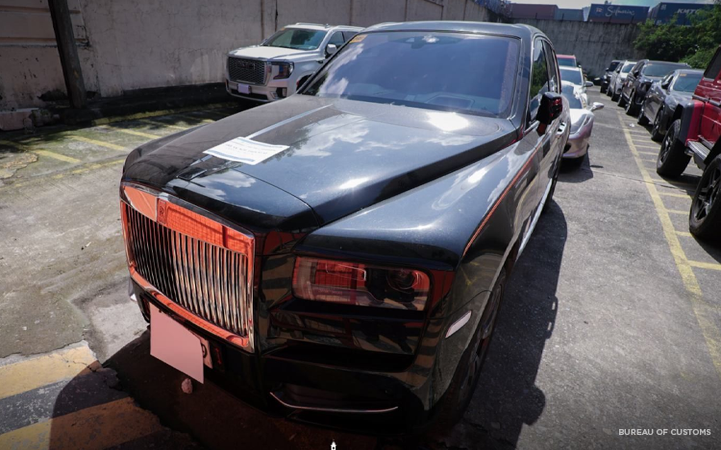Court: Guteza affidavit falsified; DOJ says testimony may stand
Metro Manila, Philippines - A Manila court has ruled that Orly Guteza — the controversial witness who claimed to have delivered suitcases of cash to then-Speaker Martin Romualdez — submitted a falsified sworn affidavit to the Senate, raising questions about the credibility and fate of his testimony.
In an 11-page order dated Oct. 24, the Manila Regional Trial Court Branch 18 gave due course to the incident report filed by lawyer Petchie Rose Espera, who denied having notarized Guteza’s affidavit. Espera said the notarial signature and seal on the document were falsified and unauthorized.
The order, signed by Executive Judge Carolina Icasiano-Sison, cited the National Bureau of Investigation’s forensic examination which showed that the signature affixed in the affidavit did not belong to Espera.
”The questioned and the standard specimen signatures PETCHIE ROSE G. ESPERA were not written by one and the same person,” the NBI report stated.
The court ruled that Espera “appears to be the victim of the incident, her signature and notarial details having been forged.”
“To reiterate, in view of the fact that the Sinumpaang Salaysay contains spurious notarial details and a forged notary’s signature, and further considering that the said affidavit was presented during the Blue Ribbon public hearing, this Office finds that its presenter, Mr. Guteza, and all persons who made use of said documents, not only introduced the forged and notarized Sinumpaang Salaysay, but also actively participated in the falsification,” the court order read.
The court said appropriate falsification charges must be filed against Guteza, noting that he failed to attend hearings despite being notified, “thus failing to rebut the presumption that he is the author of the forgery.”
It referred the incident to the Department of Justice (DOJ) for further investigation and the filing of criminal charges.
What happens to Guteza testimony?
In a press briefing on Wednesday, Oct. 29, DOJ officials said they have yet to receive the court order. Spokesperson Polo Martinez explained that, as a general rule, complaints must first be filed with the prosecution, which will then conduct a preliminary investigation and file a case in court if there is sufficient evidence.
Prosecutor General Richard Fadullon said that while the court found that the affidavit’s notarial details were falsified, the validity of its contents is a separate matter.
“Does it mean that just because it is not notarized by that lawyer whose name appears there, these are all lies?” he asked.
He noted that Guteza also took an oath when he testified during the Senate Blue Ribbon Committee hearing on Sept. 25.
“So if it can be used, yes. I still believe that it is something that can be used, it can be useful,” Fadullon told reporters.
“I think the case that was filed before the RTC was for the benefit of the notary, just to prove that I did not notarize that document but it does not say that just because I did not notarize it, it means that the things that are stated there are lies,” he added.
Guteza was a surprise witness presented by Sen. Rodante Marcoleta. He introduced himself as a security consultant for the Ako Bicol party-list, specifically assigned to then-Rep. Zaldy Co, and read a sworn affidavit stating that between December 2024 and his resignation in August 2025, he and fellow security aides delivered millions in cash - stacked in suitcases and referred to as “basura” (garbage) - from Co’s homes to Romualdez’s residences.
Co and Romualdez have been accused of receiving kickbacks from anomalous flood control projects — allegations they have repeatedly denied.





